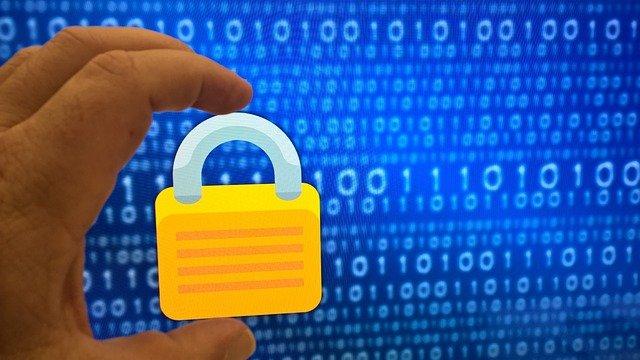Cybersecurity Laws in the Age of Quantum Computing
Introduction: As quantum computing emerges from the realm of theory into reality, legal systems worldwide grapple with unprecedented cybersecurity challenges. This article explores the evolving landscape of cybersecurity laws in the face of quantum computing's potential to revolutionize—and potentially compromise—our digital defenses.

The potential of quantum computing extends far beyond academic curiosity. Industries from finance to pharmaceuticals are exploring its applications. However, this same power poses a significant threat to current encryption methods, many of which form the backbone of our digital security infrastructure.
Cryptography in the Crosshairs
Most modern encryption relies on the difficulty of factoring large numbers—a task that would take classical computers millennia to complete. Quantum computers, with their ability to perform parallel calculations, could potentially crack these encryption methods in a fraction of the time.
This vulnerability has sparked a global race to develop quantum-resistant cryptography. Lawmakers and cybersecurity experts are working to create new standards and protocols that can withstand attacks from both classical and quantum computers.
Legislative Responses to Quantum Threats
Governments worldwide are beginning to acknowledge the need for quantum-ready cybersecurity laws. In the United States, the National Quantum Initiative Act of 2018 laid the groundwork for a coordinated federal approach to quantum technology development and security.
Similarly, the European Union’s Quantum Technologies Flagship initiative includes substantial investment in quantum cryptography research. These efforts aim not only to advance quantum computing capabilities but also to fortify digital infrastructures against quantum-enabled cyber attacks.
The Post-Quantum Cryptography Standardization
The National Institute of Standards and Technology (NIST) in the United States has been at the forefront of developing post-quantum cryptography standards. In 2016, NIST initiated a process to solicit, evaluate, and standardize quantum-resistant public-key cryptographic algorithms.
This process is ongoing, with several candidate algorithms under consideration. The goal is to create a new set of cryptographic standards that can be implemented globally to secure communications and data in a post-quantum world.
Legal Challenges in a Quantum Future
As quantum computing capabilities advance, legal systems face complex questions. How will intellectual property laws adapt to protect quantum algorithms? What constitutes due diligence in implementing quantum-resistant security measures? How will liability be determined in cases of quantum-enabled data breaches?
These questions highlight the need for a proactive approach to legal frameworks surrounding quantum computing and cybersecurity. Lawmakers must balance encouraging innovation with protecting individual and national security interests.
International Cooperation and Cybersecurity Treaties
The global nature of the internet and the potential of quantum computing to render current encryption methods obsolete necessitate international cooperation. Some experts advocate for new cybersecurity treaties that specifically address quantum computing threats.
Such treaties could establish global standards for post-quantum cryptography, create mechanisms for sharing threat intelligence, and set guidelines for the responsible development and use of quantum technologies.
Preparing for a Quantum-Secure Future
As quantum computing continues to advance, the legal landscape must evolve in tandem. This includes not only updating existing cybersecurity laws but also creating new frameworks to address the unique challenges posed by quantum technologies.
Education and awareness will play crucial roles in this transition. Legal professionals, policymakers, and the general public need to understand the implications of quantum computing for cybersecurity to make informed decisions and support effective legislation.
The intersection of quantum computing and cybersecurity law represents a new frontier in legal theory and practice. As we stand on the brink of a quantum revolution, our legal systems must adapt to ensure that the promise of quantum computing does not come at the cost of our digital security and privacy.






